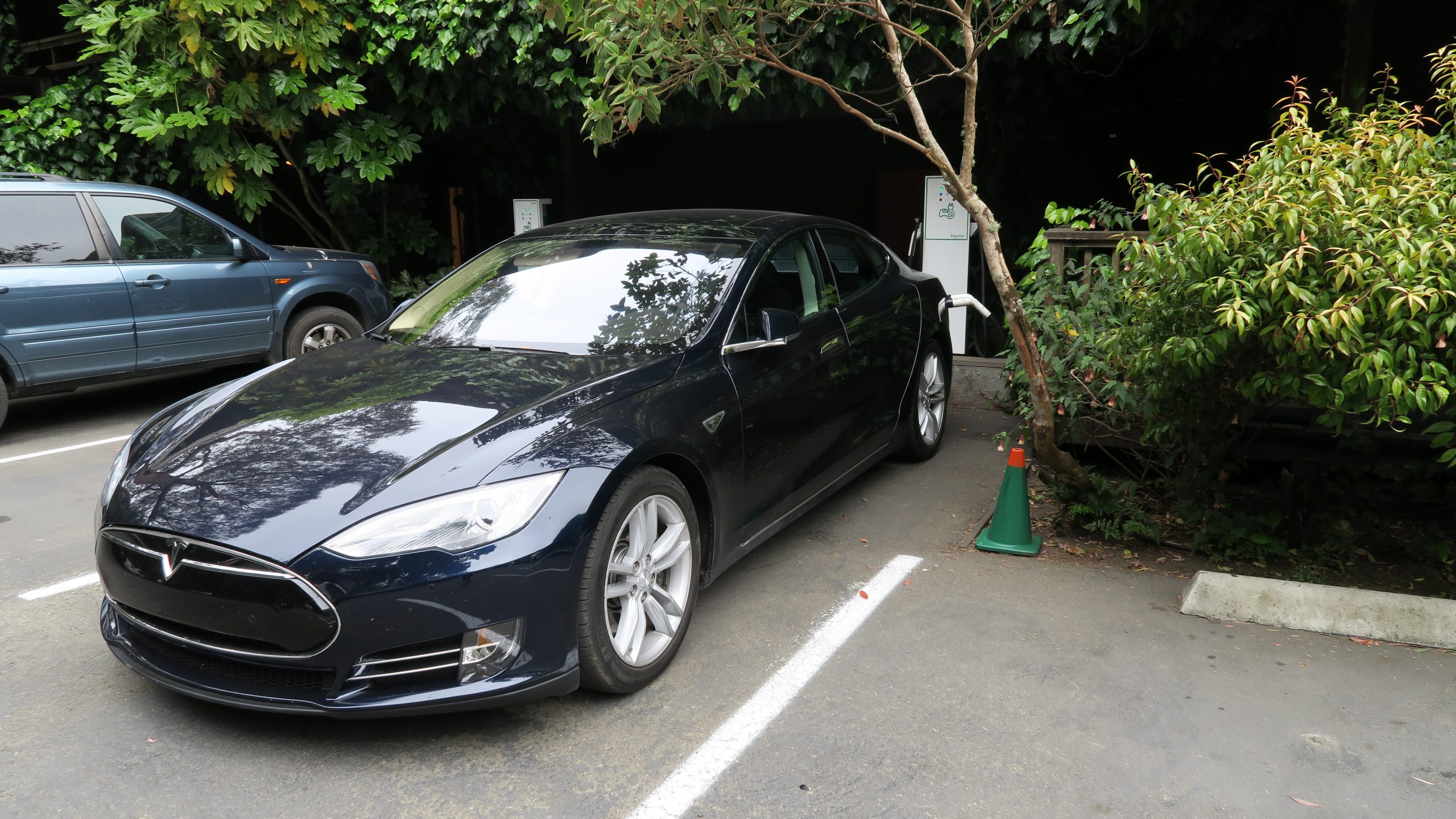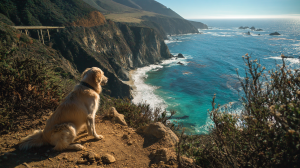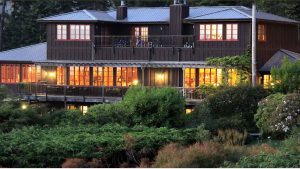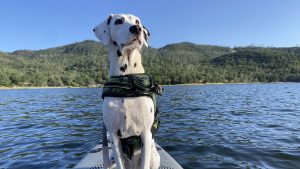With a storied location on the Mendocino coast, it’s no surprise that the Stanford Inn is at the forefront of true sustainability. Since the early 1980s, owners Joan and Jeff Stanford have served flavorful, plant-based dishes and prioritized eco-friendly farming methods, conservation practices, cleaning products and guest programs. This purpose-driven ethos enriches the guest experience, while also creating a better world.
Sustainable practices shape operations across the Stanford Inn’s 10-acre property. All glass, paper and cardboard waste, including what’s used at Ravens Restaurant, gets recycled. Food waste is composted and worked into the USDA-certified organic garden beds, virtually eliminating the need for fertilizer. Produce grows with absolutely no herbicides or pesticides, and sustainable landscaping practices nurture flowers, trees and lawns.
Biodiesel made from reclaimed vegetable oil powers the resort’s trucks, and the property also operates several electric vehicles. The Stanford Inn maintains nine EV chargers that inn and restaurant guests are welcome to use for free. These chargers work with Teslas and with all other types of EVs.
The inn’s cleaning crews use environmentally friendly, plant-based cleaning products. Bathrooms are outfitted with toilet paper made from bamboo and sugar cane, rather than trees. Energy conservation practices save additional resources, and university students learn about John Jeavons’ GROW BIOINTENSIVE® methods at the resort’s Environmental Leadership Field School. These young pioneers will help fight climate change using skills developed here.
The Stanford Inn team also supports its neighbors. Produce that’s not harvested locally or grown on site gets purchased from regional organic growers. Wines come from sustainable, organic or biodynamic vineyards.






